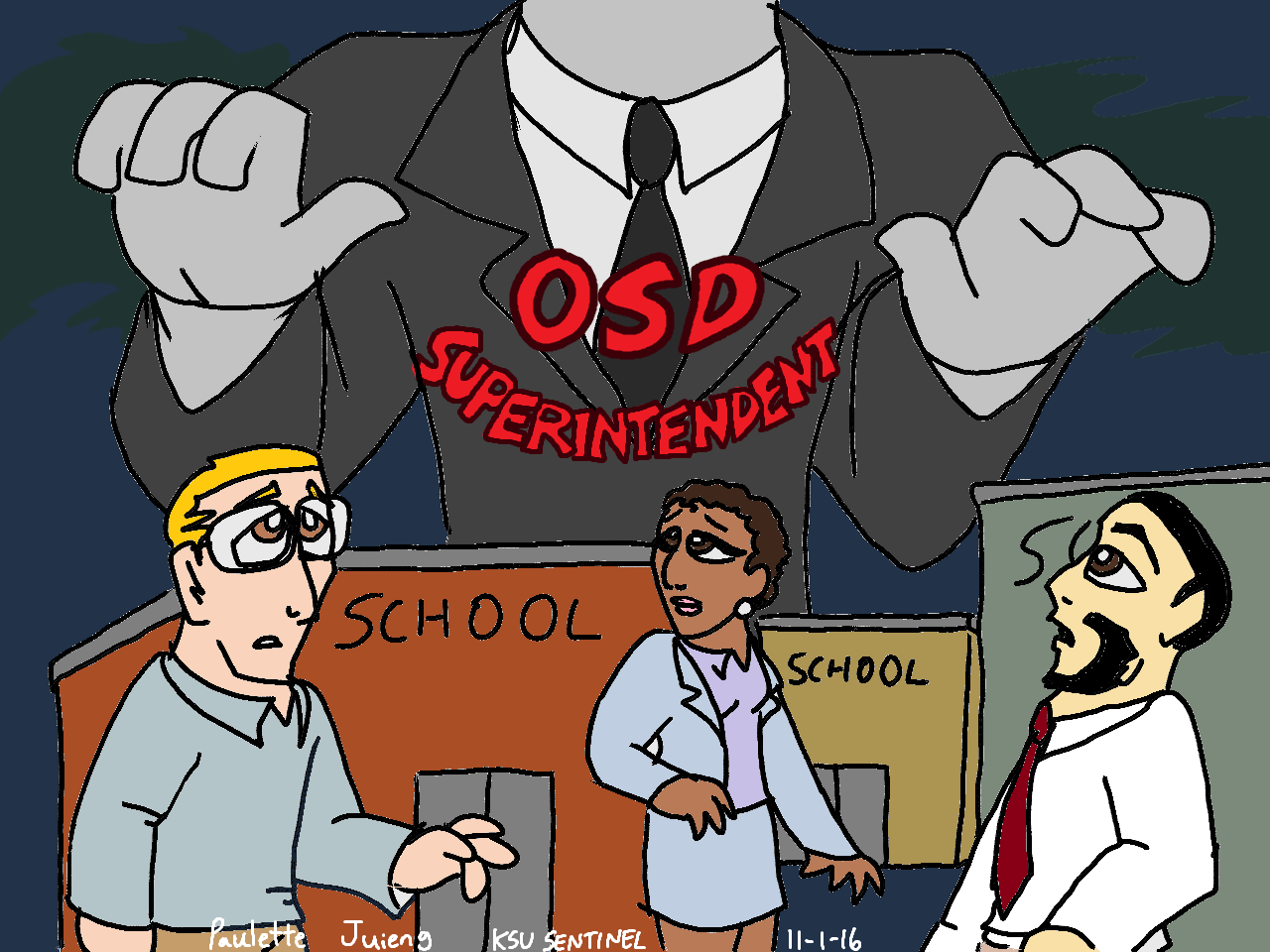How to get two years of experience before you graduate.
Today’s employment market requires internships and work experience, which are critical for connecting the theoretical knowledge gained at universities with the tactical skills formed in the workforce.
As graduation approaches, many soon-to-be graduates are increasingly concerned about employment in a competitive job market. After investing years into higher education to secure a career, numerous students remain jobless after graduation, sometimes for prolonged periods.
The Job Openings and Labor Turnover Survey in March 2023 highlighted an ongoing trend, with new job openings declining in the U.S. The report showed a reduction of 384,000 positions, hitting the lowest point since April 2022.
This situation has worsened as student loans accumulate interest and credit scores suffer, complicating efforts to secure housing.
Recent graduates leave college to start their careers and find that they often have to accept positions that do not match their education level.
This reality can be discouraging for students who have dedicated countless hours to earn a degree, only not to find employment.
Universities have to evolve with the rapidly changing workplace. The primary objective is to improve the quantity of these opportunities to reflect current expectations in the job landscape.
Many universities have incorporated internships into their programs through partnerships with various companies, providing students with interview experience at job fairs.
While some universities strive to offer both classroom instruction and workplace experience within their courses, this benefit is not commonly available. Many academic programs lack internship opportunities and the competition can be intense.
Though university career services have assisted some students, the Federal Reserve forecasted a significant hike in the unemployment rate to 4.6 percent, anticipating it will stay high into 2024 and 2025 due to the impact of higher interest rates.
Higher education institutions must ensure that students have access to work experiences and internships to enhance their chances of employment. Graduating college is a major achievement, and students deserve to be rewarded for their hard work; all students should have an equal chance to gain work experience through internships.
Faculty should plan to integrate this into their courses. Additionally, universities might consider making the completion of an internship a graduation requirement. By embedding this into the curriculum, students would graduate with work experience, thus improving their employment chances. This would contribute to creating a robust workforce and boost the economy.
Universities are making strides to equip students for the workplace but it is not enough. Higher education must be unyielding in its pursuit to equip students with work experience as a part of their learning.
The commitment to internships and work experience programs is an investment in the future, where academic learning and professional training are interconnected for a prosperous life.



